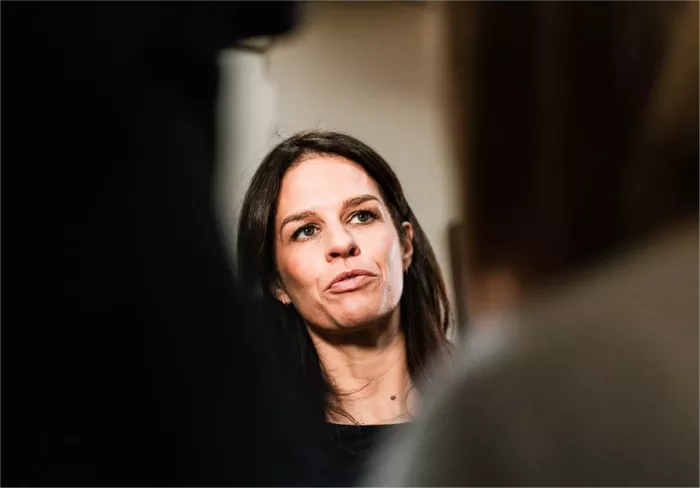Immigration Minister Erica Stanford has announced plans to revise visa conditions for parents and grandparents this term, potentially opening avenues for extended stays for overseas family members.
In addition to this, Stanford has expressed a desire to overhaul the partnership visa policy, criticizing the current culturally arranged marriage visa as inadequate for its intended purpose.
However, changes to the partnership visa policy might not materialize in this parliamentary term, as other pressing matters, such as the reform of the accredited employer work visa, take precedence.
Both the National and ACT parties proposed temporary, long-term visas for parents of overseas-born permanent residents and citizens during the last election. ACT’s coalition agreement outlines a commitment to establish a five-year, renewable parent visa, contingent on families covering healthcare expenses.
Currently, apart from the residence visa—which was reintroduced after a six-year hiatus—parents are allowed to stay for up to 18 months within a three-year period on a multiple-entry visitor visa.
The timing of these proposed changes hinges on various policy considerations, with Stanford indicating that priority would be given to immediate concerns like the accredited employer work visa and migrant exploitation. Nevertheless, as a coalition commitment, reforms to family visas are expected to occur within this term.
The Association for Migration and Investment has welcomed the proposed changes, noting that they would alleviate pressure on parent residence visas.
The annual quota for parent and grandparent residence visas, introduced by the previous government in 2022, stands at 2500, with demand far exceeding supply. Over 13,000 individuals have submitted expressions of interest, vying for the limited quota, with only a fraction having been selected so far.
Regarding the proposed partnership visa reforms, concerns have been raised about the culturally arranged marriage visa, particularly its impact on couples who had not lived together before relocating to New Zealand. Figures indicate that between 2015 and 2021, India, Fiji, and Afghanistan topped the list of countries with the highest number of applications for such visas.
Stanford acknowledged the issues surrounding the culturally arranged marriage visa, affirming the need for review. However, she noted the heavy policy agenda for the term, suggesting uncertainty about whether changes to this visa category would be addressed in the immediate future.
The discussion surrounding visa reforms underscores the complexity of immigration policies and their implications for families and individuals seeking to reunite or relocate to New Zealand.


